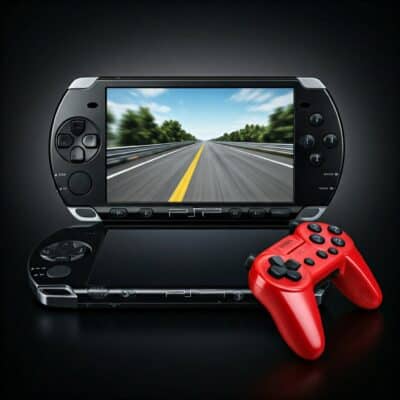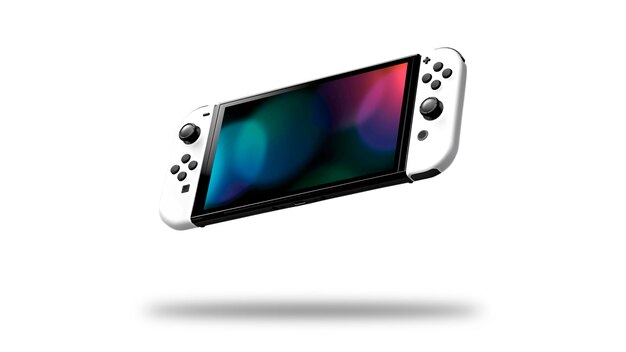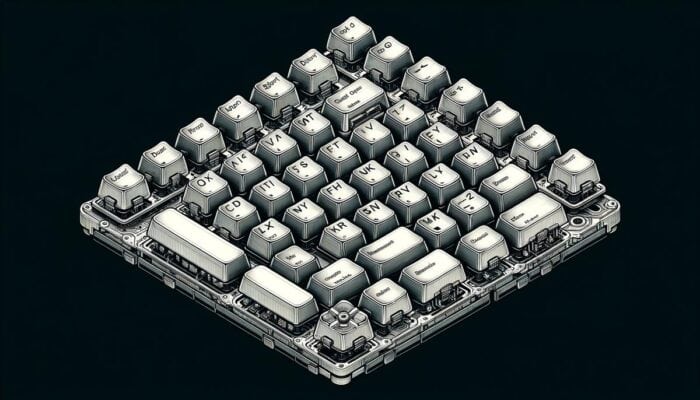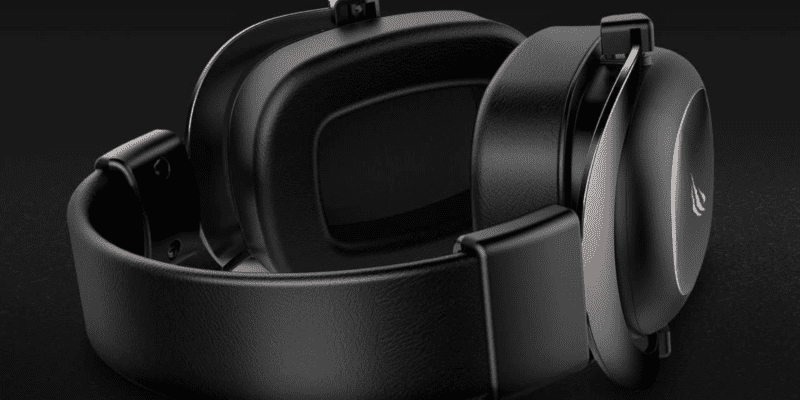Gaming Laptops, Blog
Will My Gaming Laptop Overheat? 8 Sign Of Overheating Laptop And 4 Superb Ways To Fix It
Will my gaming laptop overheat? It is a common misconception that gaming laptops are not as powerful as they are often thought to be. Once a laptop has taken on the task of running a game, it will often overheat, which can lead to the laptop shutting down. To find out more about it, read this article until the end to know the answer from the question below. In this blog, we also have an article about hasee g10 cu7pf laptop for gaming review that you might want to read about it.
Will My Gaming Laptop Overheat
Will my gaming laptop overheat? Yes it is! The gaming laptop is a high-performance device that is built for the sole purpose of playing games. If you’re playing games on a laptop, it will get hot. The laptop will overheat. The best way to prevent this is to ensure that the laptop is well-ventilated. Be sure to open up the vents so that air can flow through. You could also use a cooling pad or fan to help keep your laptop cool.
What Are the Symptoms of an Overheating Gaming Laptop?
When your gaming laptop overheats, a multitude of problems might occur. Several common ‘symptoms’ of laptop overheating include the following:
- Your laptop abruptly shuts off. (shutting down due to excessive heat is a safeguard against permanent hardware damage)
- Your computer’s fans are constantly spinning at a high rate of speed, becoming somewhat loud in the process (this means the fans are working super hard to cool your laptop)
- Your laptop is slow and struggles to do ordinary tasks (a sign of CPU or GPU throttling)
- Certain regions of your laptop, such as the keyboard or the area where your wrists rest, might get rather warm (heat from the interior of your laptop is being transferred to these areas)
- Your computer will overheat only when certain games or applications are accessed (it could be a sign of a poorly optimized game or software)
- You observe pop-up error warnings about the temperature of the central processing unit (CPU) or a fan failure.
- Your brand-new gaming laptop develops an abnormally high temperature (it could be a problem with the software or poorly designed cooling mechanism)
- You’ve noticed that your aged gaming laptop has starting to overheat (it could be a sign you need to clean your laptop, reapply thermal paste, or replace faulty fans)
How To Correct It
Replacing Faulty Fans
As is the case with thermal paste, fans must be replaced after a few years. They become ineffective when they get damaged and are unable to draw in enough air. Eventually, insufficient air circulation led in overheating.
Place your laptop on a firm, flat surface during gaming.
The majority of gaming laptops feature air intake vents on the bottom. Thus, by putting your laptop on a flat, hard surface, you create a space between your computer and the surface it is sitting on. This allows it to absorb more air and efficiently cool interior components.
You may further enhance air circulation around your laptop by buying a laptop cooling pad. If you want to use your laptop in bed, consider investing in a lap desk.
If You Have Previously Overclocked the CPU and GPU of Your Laptop
Overclocking your CPU and GPU leads them to operate at higher speeds than the manufacturer intended. And, without a suitable cooling system to dissipate the extra heat created by overclocking, your gaming laptop would almost certainly overheat.
To remedy this problem, you must reset your CPU and graphics card to its factory default settings. Keep in mind that you should regularly backup your data to an external storage device to prevent losing vital information.
Reduce Your Graphics Settings To Help The GPU Work More Efficiently
When you play games at their highest settings, your laptop will get overheated as a result of the increased processing and rendering necessary to produce detailed images. This is especially important if you’re playing visually intensive games such as Far Cry, Witcher 3, or Tomb Raider.
Related Articles For You!
- You may like: Why Does My Gaming Laptop Keep Freezing? 9 Superb Reasons Why It’s Happen
- You may enjoy this article about: Does Gaming Damage Laptop Keyboard? 3 Superb Facts About It That You Should Know
Our Latest Posts:







